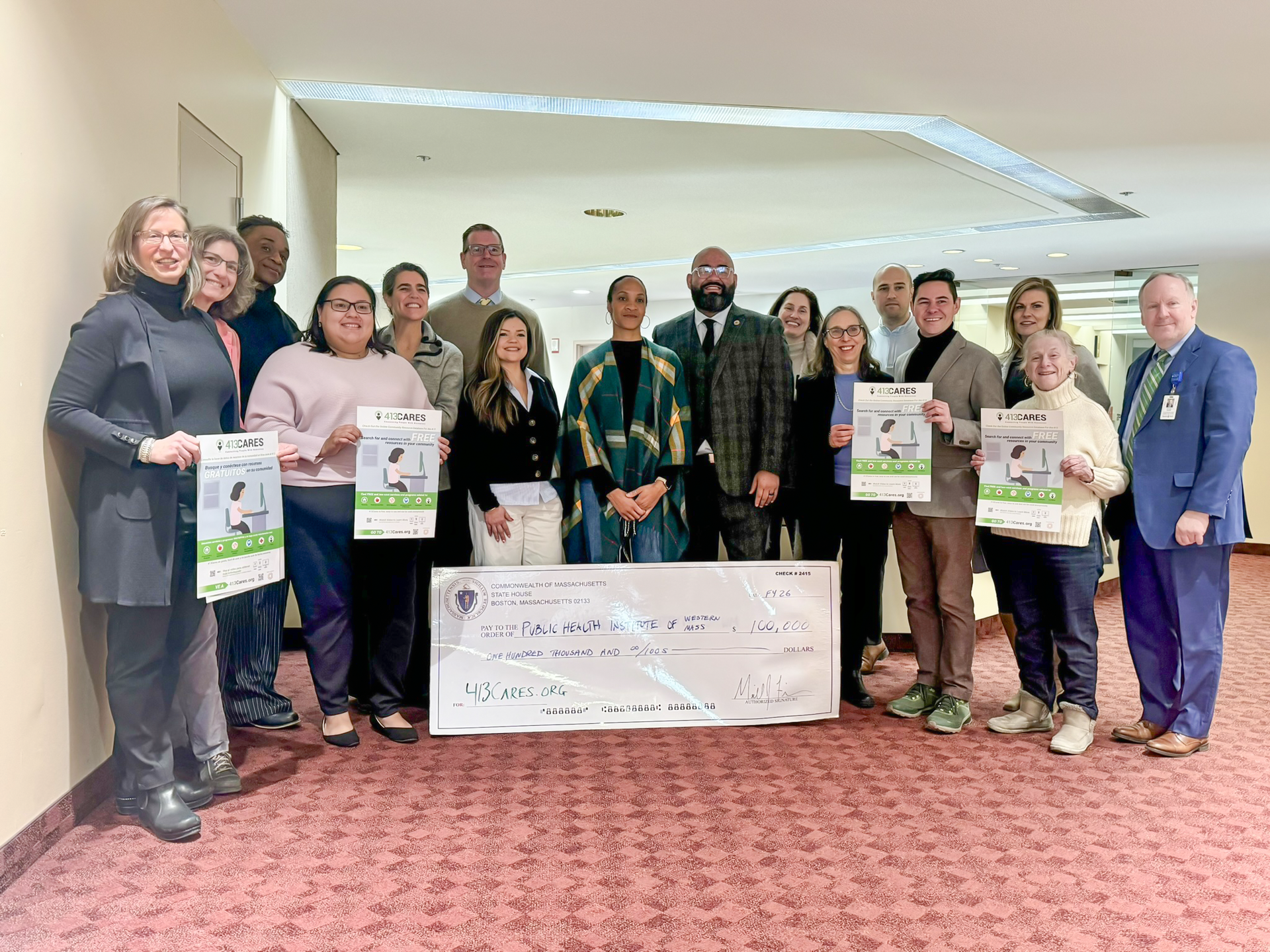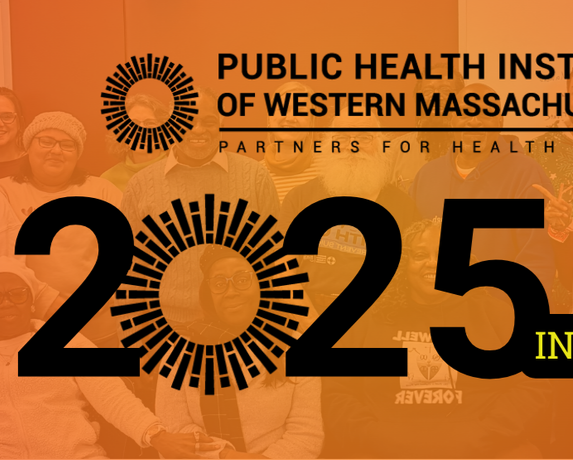Reflections on Equity and Privilege as MA Reopens
Dear Friends and Colleagues,
This week Massachusetts is slowly beginning to reopen through measured strategies. We are at this point because we have all been as diligent as we could at practicing the prevention strategies. We must continue: social distancing, staying home as much as possible, wearing masks when we can’t social distance, and continuing to reach out to neighbors and those that might need some help.
We have become even more aware over the past two months of the inequities that exist in our society and how some communities have been more at risk and have born the burden of deaths of family and friends from COVID 19. I, for example, have been privileged to be able to work from home, help school my children, exercise regularly, and use technology to purchase what I need and to stay in touch with my family and friends So many people don’t have these options, and that fact is something that we must work to change.
I ask that we all continue to be aware of our privileges and use them to help others; take the means and resources that we have to speak out and advocate for those who can’t.
In our region, we see a clear technology divide for so many – COVID 19 has forced us to put in place technology protocols and policies that will live on after (e.g. telehealth, remote working). The situation has shown a light on how important it is for each one of us to have access to 21st century technology – enough minutes to finish a phone conversation with your doctor, Wi-Fi to connect efficiently to your child’s “google classroom” and basic internet to be able to access basic needs and keep in touch with loved ones.
Folks who receive benefits to purchase healthy foods for themselves and their children should be able to purchase their food online like the rest of us and not be forced to go to the grocery store if they feel at risk or might be putting others at risk. We can advocate to change policies like this.
Let’s all stay dedicated to those actions we know keep people safe and healthy, and let’s remain committed to making sure others have what they need to do the same.
You can find the complete reopening strategy at Reopening Massachusetts
The Public Health Institute of Western MA will continue to 1) share best practices on preventing COVID19, 2) highlight where you can find resources, 3) share ways you can advocate for equity for all and 4) publicize the stories and statistics to ensure that we never pretend to “not know” and never forget who is suffering the greatest insult and injury from this horrible virus.
Onward,
Jessica
share this
Related Articles




